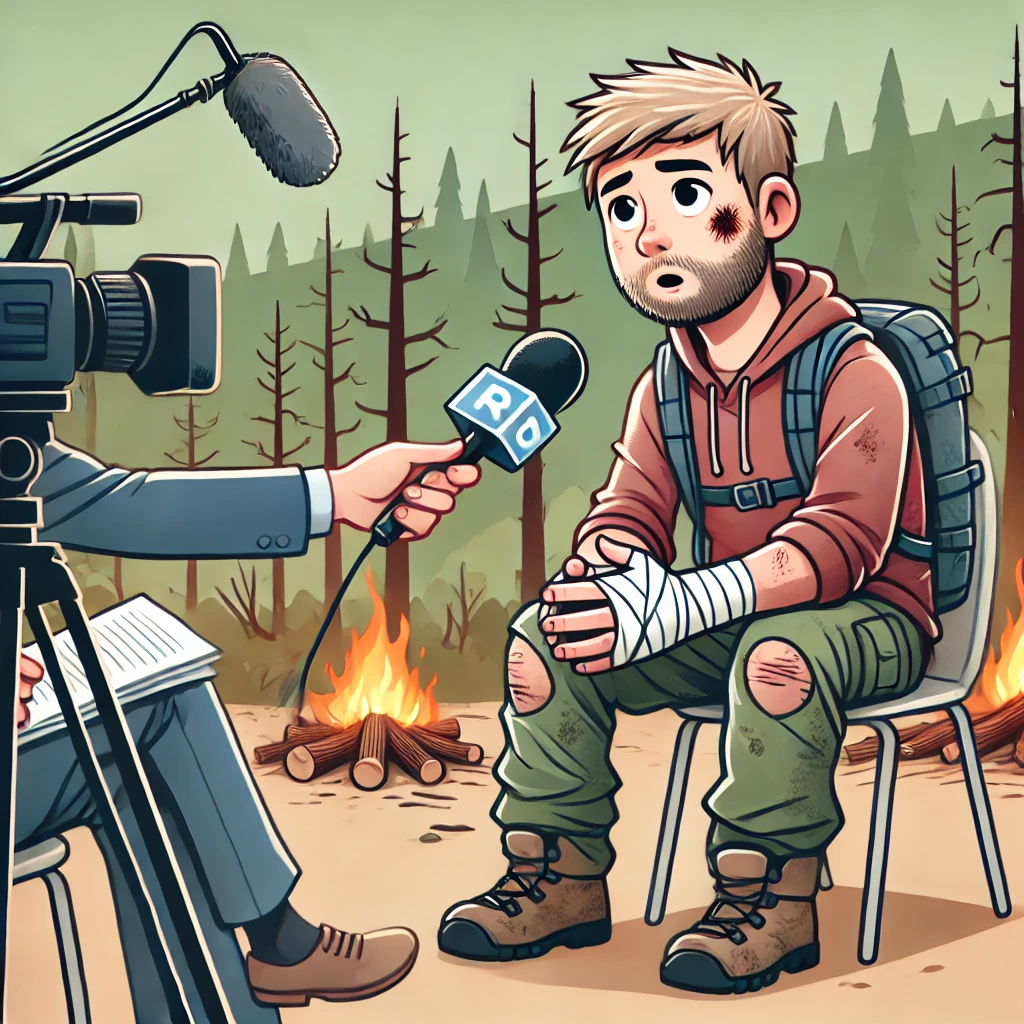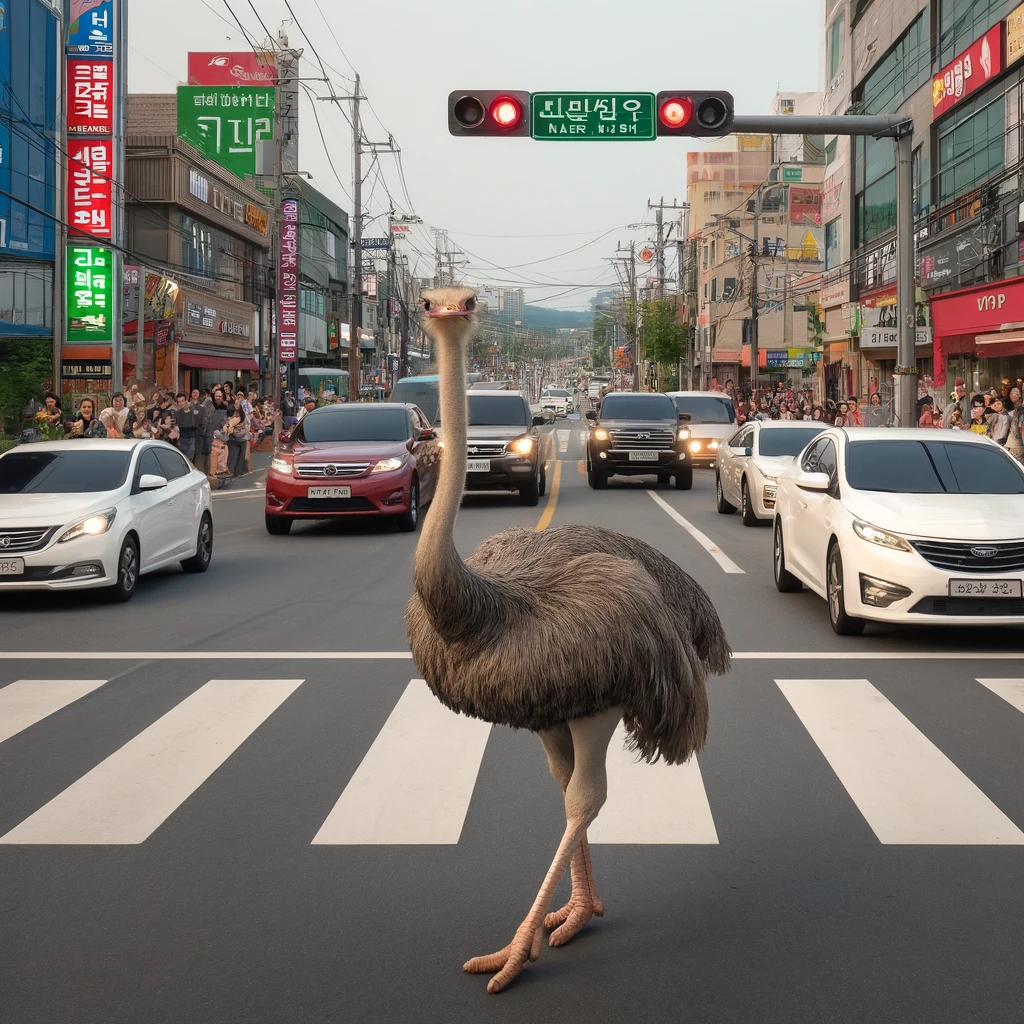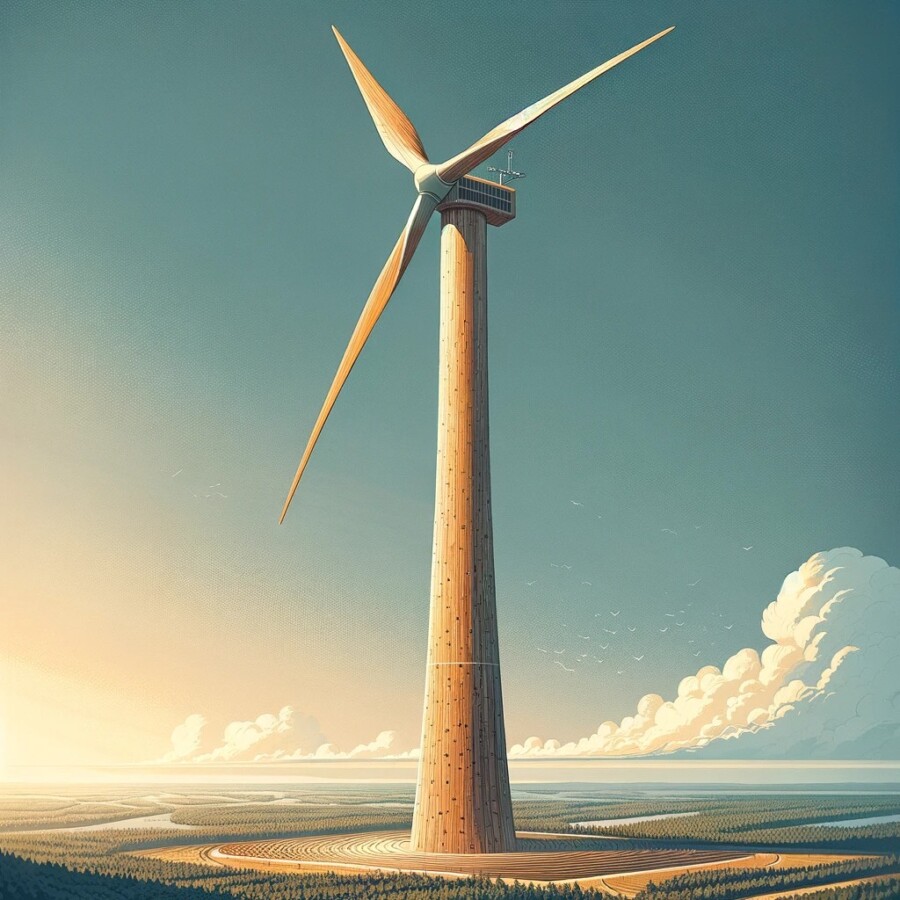The UK’s only giant pandas, Tian Tian and Yang Guang, are returning to China without having any offspring, despite multiple attempts at artificial insemination. The pandas, also known as Sweetie and Sunshine, arrived in Edinburgh in 2011 and were treated like celebrities. The loan arrangement for the pandas took five years to negotiate, with Edinburgh Zoo agreeing to pay the Chinese an annual fee of one million dollars. It was also agreed that any cubs born in Edinburgh would be sent back to China when they were two years old.
There were concerns about the high loan fee, with some questioning whether the pandas were brought to Scotland for conservation reasons or to make money. Animal activist Yvonne Taylor compared the pandas to rock stars, attracting large crowds wherever they went. However, it is important to note that there has never been a successful reintroduction of pandas born in captivity back to the wild. The man in charge of the pandas at Edinburgh Zoo, Iain Valentine, argued that working with the animals in captivity inspired investment in the natural world.
The pandas became instant celebrities upon their arrival, and Edinburgh Zoo went through significant transformations to accommodate them. Despite their separate enclosures, there was hope that Tian Tian and Yang Guang would breed. However, female giant pandas have a narrow breeding window of just 36 hours once a year. In early April 2012, the pandas were put together for mating, but Tian Tian’s tail got in the way. Artificial insemination was attempted multiple times, but Tian Tian’s pregnancies did not go full term.
Animal rights campaigners have accused the zoo of prioritizing money over the pandas’ welfare. The zoo reported surpluses in the years following the pandas’ arrival, but visitor numbers have since dropped, and the Covid pandemic further impacted the venue. The original 10-year loan deal was extended by two years due to the pandemic, but it was announced that the pandas would be returning to China in December. As a result, visitor numbers and interest have risen again as people realize their opportunity to see the pandas is coming to an end. Ultimately, the pandas’ story turned out to be less of a love story and more like that of noisy neighbors.
Original news source: Rock star’ pandas – not exactly a love story (BBC)
Listen
Slow
Normal
Fast
Group or Classroom Activities
Warm-up Activities:
– News Summary
Instructions: Divide the class into pairs or small groups. Provide each group with a copy of the article. Instruct them to read the article carefully and then work together to write a concise summary of the key points. After a designated time, have each group share their summaries with the class. Discuss any differences in the summaries and ask for any additional insights or questions from the students.
– Opinion Poll
Instructions: Divide the class into pairs or small groups. Assign each group a role: one group will represent the zoo, and the other group will represent animal rights campaigners. Instruct the groups to discuss and prepare arguments and evidence to support their position on whether the zoo prioritized money over the pandas’ welfare. After a designated time, have each group present their arguments to the class. Encourage a respectful debate and allow for questions and counterarguments from the opposing group.
– Pros and Cons
Instructions: Divide the class into pairs or small groups. Instruct each group to create a list of the pros and cons of keeping giant pandas in captivity for conservation purposes. After a designated time, have each group share their lists with the class. Facilitate a discussion about the ethical considerations, challenges, and potential benefits of captive breeding programs for endangered species.
– Future Predictions
Instructions: Instruct each student to individually write a short paragraph predicting what will happen to the giant pandas after they return to China. Encourage them to consider factors such as conservation efforts, public interest, and the impact of the pandemic. After a designated time, have students share their predictions with a partner or small group. Then, invite a few students to share their predictions with the whole class and lead a discussion about the different perspectives and reasoning behind the predictions.
– Sketch It
Instructions: Provide each student with a blank sheet of paper and a pen or pencil. Instruct them to sketch a visual representation of the pandas’ story based on the article. Encourage creativity and use of symbols or captions to convey key information. After a designated time, have students share their sketches with a partner or small group. Then, invite a few students to share their sketches with the whole class and explain their artistic choices. Lead a discussion about the different interpretations and representations of the story.
Comprehension Questions:
1. How long did it take to negotiate the loan arrangement for the giant pandas?
2. What were the concerns about the high loan fee for the pandas?
3. Has there ever been a successful reintroduction of pandas born in captivity back to the wild?
4. Who argued that working with the pandas in captivity inspired investment in the natural world?
5. When were the pandas put together for mating?
6. Why did Tian Tian’s pregnancies not go full term?
7. What have animal rights campaigners accused the zoo of prioritizing?
8. How has the announcement of the pandas’ return to China impacted visitor numbers and interest at the zoo?
Go to answers ⇩
Listen and Fill in the Gaps:
The UK’s only giant pandas, Tian Tian and Yang Guang, are returning to (1)______ without (2)______ any offspring, despite multiple (3)______ at artificial insemination. The pandas, also known as Sweetie and Sunshine, arrived in Edinburgh in 2011 and were treated like celebrities. The loan arrangement for the pandas took five (4)______ to negotiate, with Edinburgh Zoo agreeing to pay the Chinese an annual fee of one million dollars. It was also agreed that any cubs born in Edinburgh would be sent back to China when they were two years old.
There were concerns about the high loan fee, with some questioning whether the pandas were brought to Scotland for conservation reasons or to make (5)______. (6)______ activist Yvonne Taylor compared the pandas to rock stars, attracting (7)______ crowds wherever they went. However, it is important to note that there has never been a successful (8)______ of pandas born in captivity back to the wild. The man in charge of the pandas at Edinburgh Zoo, Iain Valentine, argued that working with the animals in captivity inspired investment in the natural world.
The pandas became instant celebrities upon their arrival, and Edinburgh Zoo went through (9)______ transformations to accommodate them. Despite their (10)______ enclosures, there was hope that Tian Tian and Yang Guang would breed. However, female giant pandas have a narrow breeding (11)______ of just 36 hours once a year. In (12)______ April 2012, the pandas were put together for mating, but Tian Tian’s tail got in the way. Artificial insemination was attempted multiple times, but Tian Tian’s pregnancies did not go full term.
Animal rights campaigners have accused the zoo of prioritizing money over the pandas’ welfare. The zoo reported surpluses in the years following the (13)______’ arrival, but (14)______ numbers have since dropped, and the Covid pandemic further impacted the venue. The original 10-year loan deal was extended by two years due to the pandemic, but it was announced that the pandas would be returning to China in (15)______. As a (16)______, visitor numbers and interest have risen again as people realize their opportunity to see the pandas is coming to an end. Ultimately, the pandas’ story turned out to be less of a love story and more like that of noisy neighbors.
Go to answers ⇩
Discussion Questions:
Students can ask a partner these questions, or discuss them as a group.
1. What is your opinion on the decision to bring the pandas to Scotland?
2. How would you feel if you were in charge of the pandas at Edinburgh Zoo?
3. Do you think it was worth the high loan fee to have the pandas in Scotland? Why or why not?
4. What do you think is the main purpose of bringing pandas to zoos?
5. How do you think the pandas being treated like celebrities affected their well-being?
6. Do you think it’s important for zoos to focus on conservation efforts or making money? Why?
7. How would you feel if you were a visitor to the zoo and the pandas were leaving soon?
8. Do you believe the pandas’ story at Edinburgh Zoo was a success or a failure? Why?
9. What do you think is the impact of pandas being born in captivity and not being reintroduced to the wild?
10. How would you feel if you were one of the animal rights campaigners criticizing the zoo’s priorities?
11. Do you think it’s fair to blame the zoo for the pandas’ failure to breed successfully? Why or why not?
12. How do you think the pandas’ departure will affect visitor numbers and interest in the zoo?
13. What is your opinion on the extension of the loan deal due to the Covid pandemic?
14. How do you think the pandas’ story compares to a love story?
15. Do you believe that working with animals in captivity inspires investment in the natural world? Why or why not?
Individual Activities
Vocabulary Meanings:
Match each word to its meaning.
Words:
1. pandas
2. offspring
3. artificial insemination
4. loan arrangement
5. conservation
6. captivity
7. breeding
8. welfare
Meanings:
(a) The well-being and health of the animals
(b) The process of fertilizing an egg outside of the body
(c) The protection and preservation of the environment and wildlife
(d) The agreement for the pandas to be in Edinburgh
(e) The act of producing offspring
(f) The state of being confined or imprisoned
(g) The young of an animal
(h) The UK’s only giant pandas, Tian Tian and Yang Guang
Go to answers ⇩
Multiple Choice Questions:
1. What are the names of the UK’s only giant pandas?
(a) Sweetie and Sunshine
(b) Tian Tian and Yang Guang
(c) Edinburgh and Scotland
(d) Yvonne Taylor and Iain Valentine
2. How long did it take to negotiate the loan arrangement for the pandas?
(a) Two years
(b) Ten years
(c) Five years
(d) One year
3. What was the annual fee that Edinburgh Zoo agreed to pay for the loan of the pandas?
(a) Five million dollars
(b) Ten million dollars
(c) One million dollars
(d) One hundred thousand dollars
4. What was the agreement regarding any cubs born in Edinburgh?
(a) They would stay in Edinburgh
(b) They would be sent back to China when they were two years old
(c) They would be given to other zoos in the UK
(d) They would be released into the wild in Scotland
5. What concerns were raised about the loan fee for the pandas?
(a) Some questioned whether the pandas were brought for political reasons
(b) Some questioned whether the pandas were brought for scientific research
(c) Some questioned whether the pandas were brought for entertainment purposes
(d) Some questioned whether the pandas were brought for conservation reasons or to make money
6. What is the breeding window for female giant pandas?
(a) 36 hours once a year
(b) 24 hours once a year
(c) 48 hours once a year
(d) 72 hours once a year
7. What was the reason that Tian Tian’s pregnancies did not go full term?
(a) Tian Tian’s tail got in the way during mating
(b) There were complications during pregnancy
(c) The male panda was infertile
(d) Artificial insemination was not successful
8. What impact did the Covid pandemic have on visitor numbers at the zoo?
(a) Visitor numbers dropped
(b) Visitor numbers increased
(c) Visitor numbers remained the same
(d) Visitor numbers fluctuated
Go to answers ⇩
True or False Questions:
1. Any cubs born in Edinburgh were not agreed to be sent back to China when they were two years old.
2. The pandas arrived in Edinburgh in 2011 and were treated like celebrities.
3. There were no concerns about the high loan fee, with everyone agreeing that the pandas were brought to Scotland for conservation reasons and not to make money.
4. The UK’s only giant pandas, Tian Tian and Yang Guang, are returning to China with having some offspring.
5. The man in charge of the pandas at Edinburgh Zoo argued that working with the animals in captivity inspired investment in the natural world.
6. Female giant pandas have a broad breeding window of more than 36 hours once a year.
7. Edinburgh Zoo agreed to pay the Chinese an annual fee of one million dollars for the loan arrangement.
8. The zoo reported surpluses in the years following the pandas’ arrival, but visitor numbers have since dropped, and the Covid pandemic further impacted the venue.
Go to answers ⇩
Write a Summary:
Write a summary of this news article in two sentences.
Check your writing now with the best free AI for English writing!
Writing Questions:
Answer the following questions. Write as much as you can for each answer.
Check your answers with our free English writing assistant!
1. What were the concerns about the loan arrangement for the pandas in Edinburgh?
2. Why were there hopes that Tian Tian and Yang Guang would breed?
3. How did the attempts at artificial insemination for Tian Tian go?
4. What accusations have been made against the zoo regarding the pandas’ welfare?
5. How has the announcement of the pandas’ return to China affected visitor numbers and interest in the zoo?
Answers
Comprehension Question Answers:
1. It took five years to negotiate the loan arrangement for the giant pandas.
2. The concerns were whether the pandas were brought to Scotland for conservation reasons or to make money.
3. No, there has never been a successful reintroduction of pandas born in captivity back to the wild.
4. Iain Valentine, the man in charge of the pandas at Edinburgh Zoo, argued that working with the animals in captivity inspired investment in the natural world.
5. The pandas were put together for mating in early April 2012.
6. Tian Tian’s pregnancies did not go full term for reasons that are not specified in the article.
7. Animal rights campaigners have accused the zoo of prioritizing money over the pandas’ welfare.
8. The announcement of the pandas’ return to China has impacted visitor numbers and interest at the zoo, causing them to rise again as people realize their opportunity to see the pandas is coming to an end.
Go back to questions ⇧
Listen and Fill in the Gaps Answers:
(1) China
(2) having
(3) attempts
(4) years
(5) money
(6) Animal
(7) large
(8) reintroduction
(9) significant
(10) separate
(11) window
(12) early
(13) pandas
(14) visitor
(15) December
(16) result
Go back to questions ⇧
Vocabulary Meanings Answers:
1. pandas
Answer: (h) The UK’s only giant pandas, Tian Tian and Yang Guang
2. offspring
Answer: (g) The young of an animal
3. artificial insemination
Answer: (b) The process of fertilizing an egg outside of the body
4. loan arrangement
Answer: (d) The agreement for the pandas to be in Edinburgh
5. conservation
Answer: (c) The protection and preservation of the environment and wildlife
6. captivity
Answer: (f) The state of being confined or imprisoned
7. breeding
Answer: (e) The act of producing offspring
8. welfare
Answer: (a) The well-being and health of the animals
Go back to questions ⇧
Multiple Choice Answers:
1. What are the names of the UK’s only giant pandas?
Answer: (b) Tian Tian and Yang Guang
2. How long did it take to negotiate the loan arrangement for the pandas?
Answer: (c) Five years
3. What was the annual fee that Edinburgh Zoo agreed to pay for the loan of the pandas?
Answer: (c) One million dollars
4. What was the agreement regarding any cubs born in Edinburgh?
Answer: (b) They would be sent back to China when they were two years old
5. What concerns were raised about the loan fee for the pandas?
Answer: (d) Some questioned whether the pandas were brought for conservation reasons or to make money
6. What is the breeding window for female giant pandas?
Answer: (a) 36 hours once a year
7. What was the reason that Tian Tian’s pregnancies did not go full term?
Answer: (d) Artificial insemination was not successful
8. What impact did the Covid pandemic have on visitor numbers at the zoo?
Answer: (a) Visitor numbers dropped
Go back to questions ⇧
True or False Answers:
1. Any cubs born in Edinburgh were not agreed to be sent back to China when they were two years old. (Answer: False)
2. The pandas arrived in Edinburgh in 2011 and were treated like celebrities. (Answer: True)
3. There were no concerns about the high loan fee, with everyone agreeing that the pandas were brought to Scotland for conservation reasons and not to make money. (Answer: False)
4. The UK’s only giant pandas, Tian Tian and Yang Guang, are returning to China with having some offspring. (Answer: False)
5. The man in charge of the pandas at Edinburgh Zoo argued that working with the animals in captivity inspired investment in the natural world. (Answer: True)
6. Female giant pandas have a broad breeding window of more than 36 hours once a year. (Answer: False)
7. Edinburgh Zoo agreed to pay the Chinese an annual fee of one million dollars for the loan arrangement. (Answer: True)
8. The zoo reported surpluses in the years following the pandas’ arrival, but visitor numbers have since dropped, and the Covid pandemic further impacted the venue. (Answer: True)
Go back to questions ⇧















